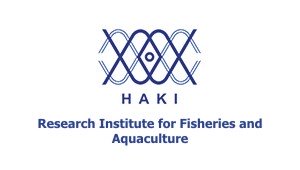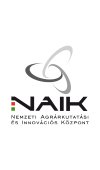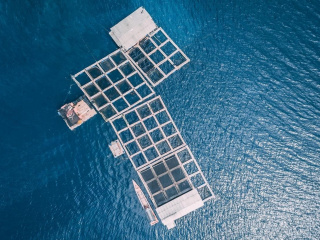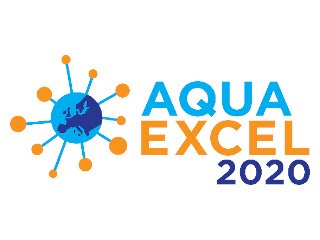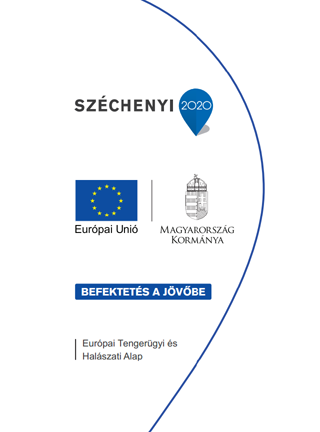
Research Institute for Fisheries and Aquaculture
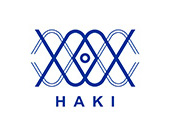
About the institute
The Research Institute for Fisheries and Aquaculture (Hungarian acronym is HAKI) is a governmental organisation that has been established in 1953 at Szarvas. The institute was upgraded in the frame of an FAO/UNDP programme between 1975 and 1980, and became an internationally acknowledged research and training centre.
The institute is implementing a multidisciplinary research work, to provide scientific basis for the development of various fish culture technologies, and for the proper use and protection of the aquatic environment. The three major fields of research are: aquaculture, aquatic ecology; and fish biology. The research work is carried out in the frame of specific projects such as: fish genetics and gene bank maintenance; management and restoration of aquatic ecosystems; structure and function of integrated aquaculture systems; fish feeding and feed technologies; fish biomonitoring and environmental friendly prevention; fisheries management of natural waters; and the development of water saving fish production systems.
The scientific work is closely related to the development of sustainable fish production systems, and aquatic ecosystem management. The scientists of the institute are actively involved in various aquaculture and fisheries development programmes in the frame of national and international projects through consultancies, extension services, and training, but the institute also provides laboratory services, and high value fish seed for these projects.
HAKI is an important contributor to the development of the Hungarian aquaculture sector through the implementation of applied research work under national and European research programs (e.g. Sustainaqua, Aquamax, Arraina, Aquaexcel, Aquaredpot) and also through transfer of results to the practice through extension work, conferences, expert consultations and training programs.
HAKI’s main research philosophy is to link science to practical application, thus research programmes are focusing on new challenges that aquaculture and fisheries are faced with recently like: the scarcity of water (the increasing competition among water users); the better use of water resources and the protection of the environment; the development of human nutrition; the improvement of food security; the protection of gene reserves; and fostering of professional traditions.
The experience of the institute covers a wide geographical area on global scale, however HAKI has been involved numerous aquaculture and fisheries development projects in Asia, with special regard to Vietnam and Laos. The institute provided training programmes regularly for professionals from this region in the frame of bilateral and FAO programmes, and carried out consultancies in reservoir fisheries, integrated fish farming, aquaculture engineering, fish breeding, hatchery management and fish health management. As a result of close collaboration of the institute with partner companies, HAKI also supplies breeding materials to international aquaculture development projects.
The institute is also playing an active role in the development of relationship among Eastern and Western European institutions in fisheries and aquaculture.
Besides the annual "Scientific Days", which is the most important professional forum in aquaculture and fisheries in Hungary since 1975, HAKI regularly organises national and international conferences, seminars and workshop
"Research, development, training and consultative assistance for responsible utilisation and protection of water resources, improvement of human nutrition and life quality."
Events
News
Eagerly awaited by the European aquaculture community familiar with the many benefits that the previous AQUAEXCEL projects provided, AQUAEXCEL3.0 has now officially launched. AQUAEXCEL3.0 aims to further boost the European aquaculture sector by, amongst others, expanding the Transnational Access programme to support even more external research teams collaborating with its high-quality facilities, providing free training courses on the latest topics and engaging closely with industry to ensure research is aligned with industry needs.
The Aquaexcel TNA project “Effects of lactobacilli supplemented to cultured pike-perch through live and inert diets on fish performance in the case of rapid and gradual weaning” led by Jovanka Lukic, PhD, Institute of Molecular Genetics and Genetic Engineering (IMGGE), University of Belgrade (UB), Serbia and performed at the site of Research Institute for Fisheries and Aquaculture NAIK HAKI in a close collaboration with NAIK HAKI researchers yielded now already third great achievement.
